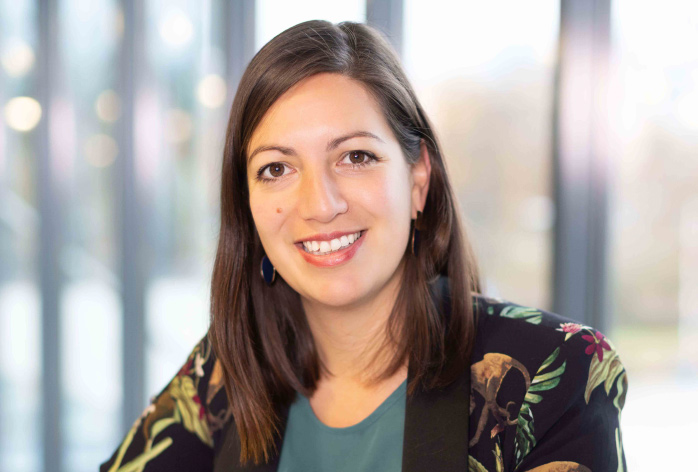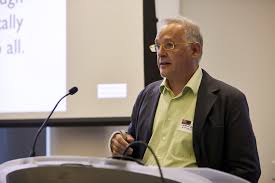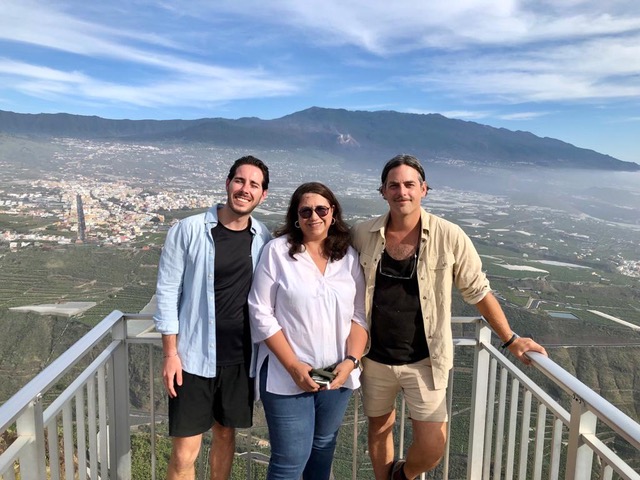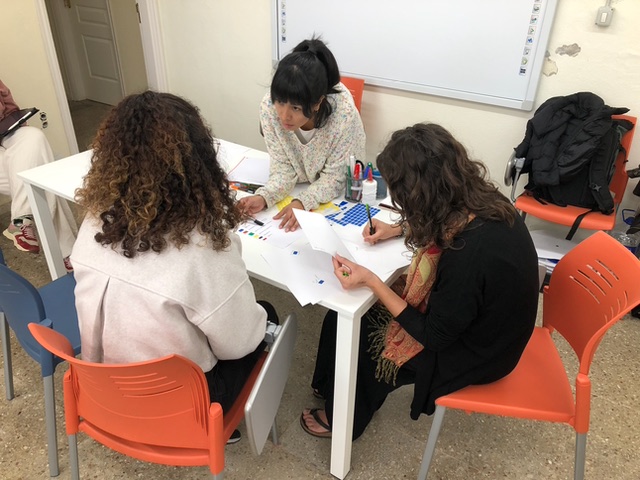This October we’ve kicked off the 15th edition of our masters program! It’s amazing to see how the program has evolved over these last 15 years. We want to share some of our highlights for this year:
First of all, and most importantly, this year we have welcomed 15 students from 11 different countries: Brazil, Germany, Greece, India, Italy, Lebanon, Malaysia, Peru, Switzerland, the UK, and the USA. Each one brings their own experiences and perspective to the class discussions which make it a really enriching learning environment.
After 14 previous editions, we now have 288 alumni from 70 different countries that have graduated from our program working all around the working and making an impact!
NEW PROFESSORS
We are thrilled to be joined by Dr Eefje Hendriks, who is new to our program, and Sergio Palleroni, who is coming back after a few years.

Dr Eefje Hendriks will be teaching a class entitled “Enabling vulnerable communities to build back safer – Case based exploration of assistance mechanisms for resilience”. She is an Assistant professor in Disaster Resilience and Humanitarian Assistance at the University of Twente, the Netherlands. Eefje has a master’s in Architecture and in Building Technology, and a PhD in Post-Disaster Reconstruction at the TU Eindhoven. She aims to scale up humanitarian and governmental recovery assistance by understanding the wider impact of aid interactions on affected communities. She studies behaviour of disaster affected populations in relation to safety and resilience of the built environment, especially in low-income countries. She has a work and publication record in the field of circular and modular shelter design, disaster risk reduction, disaster resilience, humanitarian assistance, self-recovery, and decision-making, migration in Europe, and adaptation to climate change of the built environment for more than 10 years.

Sergio Palleroni has been involved in the Master’s program from its inception. He is an architect, practitioner, educator and pioneer in the field of social impact design, who worked as a consultant for the United Nations, World Bank and the governments of Chile, Colombia, Mexico, Nicaragua, India and Taiwan. Sergio Palleroni is a faculty member and director of the Center for Public Interest Design in the School of Architecture at Portland State University, co-founder of PSU’s Homelessness Research & Action Collaborative, and Senior Fellow of the Center for Sustainable Processes and Practices. He is the co-founder of the design-build fieldwork program BaSiC Initiative (Building Sustainable Communities).
UPDATED COURSE NAMES
We’re constantly adapting and updating the content of our courses to ensure that our students are learning what is most relevant and most necessary to know for working in the field of emergency response and sustainable development. This year, we have changed a few of our course names to reflect emerging topics with a holistic approach:
– Reconstruction and Urban Displacement
– Humanitarian Design and Implementation
– Climate Resilient Urban Design


WORKSHOPS THIS YEAR
We are proud of the collaborations that take place each year with various organisations on the ground, in parallel with the academic learning and research. This enriches the learning experience, allowing our students to gain practical experience working on real projects with different stakeholders including the community members themselves. Every year, we the Socio-Spatial Workshop based in the Barcelona region and the Field Trip. This year, the Socio-Spatial Workshop will be on the topic of urban migration in Barcelona. Check out last year’s workshop here. For the Field Trip, we will be returning to La Palma in March 2024, where we will be working on “Evaluating Cultural Identity and Adaptation in Post-Disaster Resettlement”.
